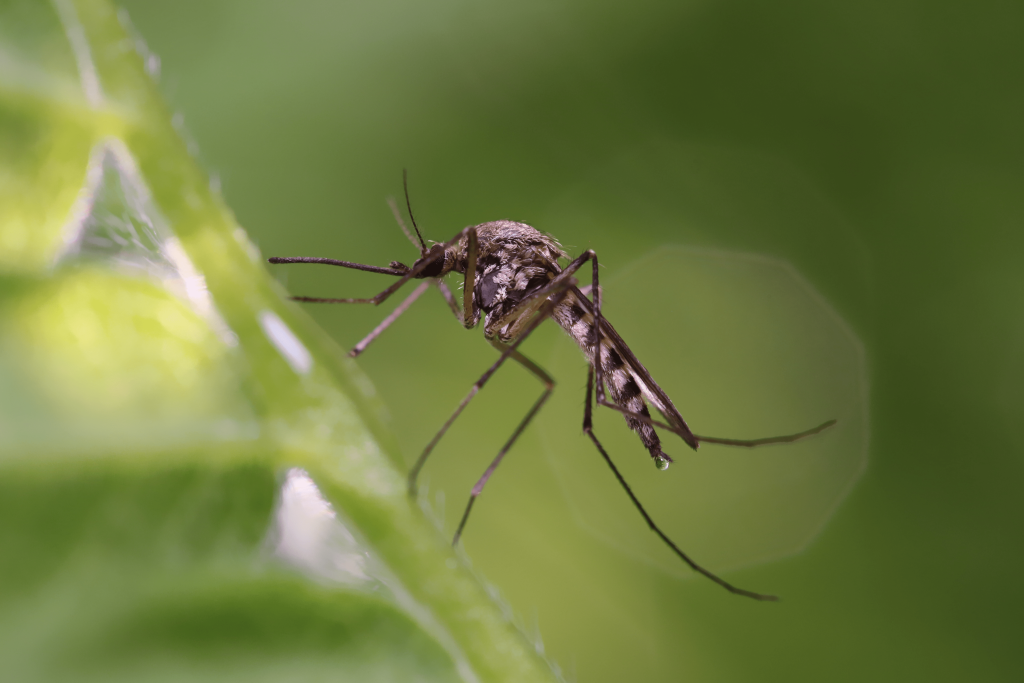
Sandra Orchard
Team Leader, Protein Function Content
EditStudying how the environment impacts human health
Functional annotation of salivary proteins from blood-feeding arthropods of medical importance.

Exposure to the bites of blood-feeding arthropods, such as mosquitoes, lice, sandflies, bedbugs and ticks, can pose a serious threat to human health, ranging from significant discomfort due to itching and skin irritation to systemic allergic reactions. Moreover, mosquitoes, sandflies and ticks can transmit pathogens that cause severe infectious diseases, such as malaria, dengue fever, leishmaniasis and Lyme disease. Despite efforts to reduce human contacts with blood-feeding arthropods, they continue to spread into densely populated regions due to climate change, urbanisation and international travel.
This project aims to generate a manually curated high-quality dataset summarising functional information on the salivary proteins of blood-feeding arthropods and interacting human proteins, and distribute it freely to the research community via the UniProt/GO platforms.

Team Leader, Protein Function Content
Edit
Scientific Database Curator
Edit